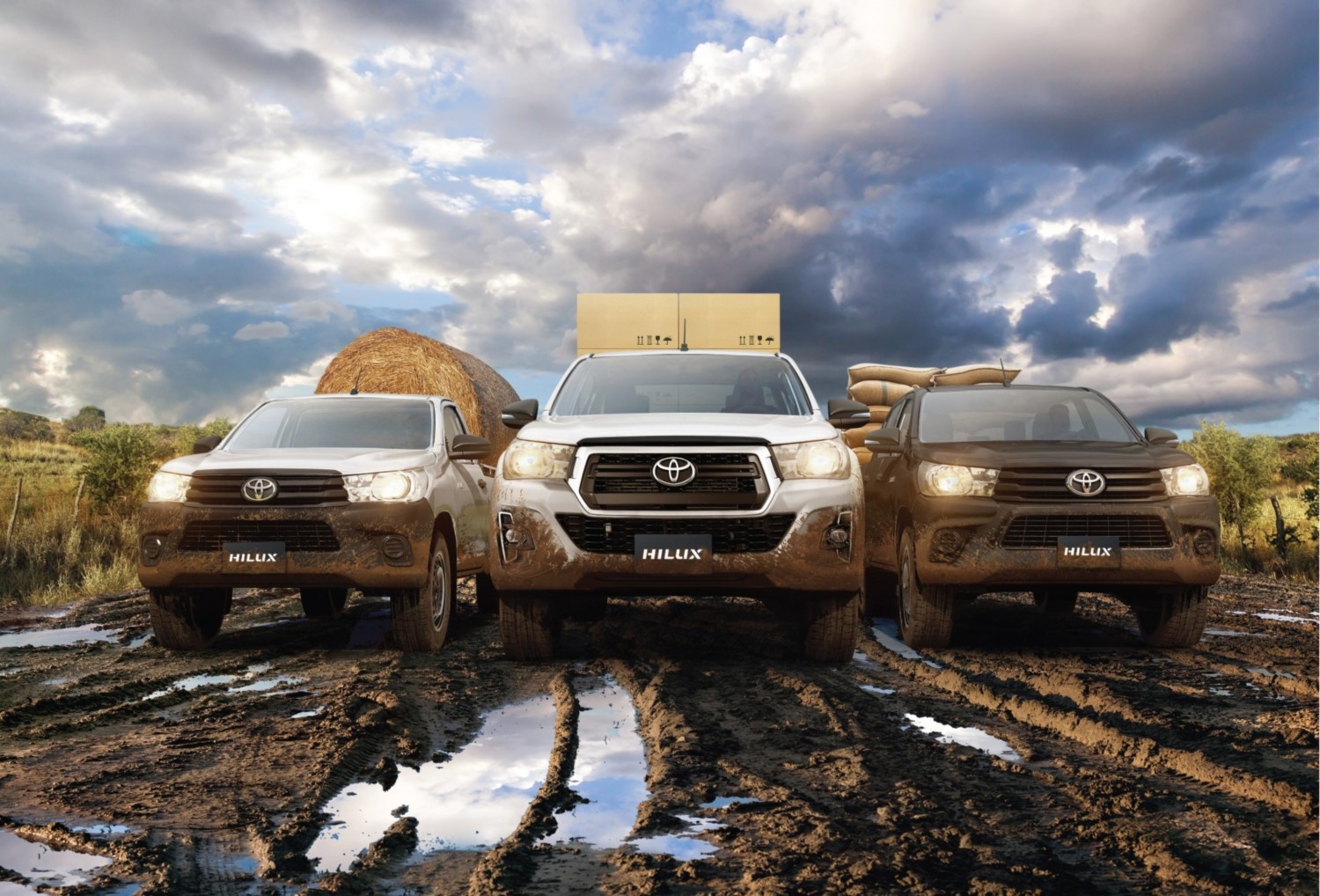The high cost of the fuel is just one of the diverse reasons for sales decline


By George Guimarães | 9/25/23 | Translated by Jorge Meditsch
According to ANP (Agência Nacional do Petróleo), the average price of one liter of S10 diesel in Brazil is R$ 6.22. In some places it can be as low as R$ 4.99, and in others much more – up to R$ 8.49. In any case, gasoline costs much less and its average price, from September 17 through 23, was R$ 5.82.
In this scenario, it is no surprise the results of a Mobiauto research showing a high depreciation of diesel automobiles and pickups. According to the used car sales platform, in the first semester diesel versions lost much more value than flex-fuel versions of the same models.
As flex-fuel versions lost an average of 6.16% of their value in one year, their equivalents’ diesel-driven prices fell more than twice, by 13.63%.
“Over the last years, the price of diesel skyrocketed. It’s more expensive than gasoline, thus the great cities buyer, who wanted a diesel SUV or pickup looking for autonomy and cost-benefit, lost interest in it”, analyses Sant Clair de Castro Jr., Mobiauto’s CEO.
The slump has not been worst due to the resilient strong preference for diesel pickups in small cities and agricultural regions for their roughness and autonomy. “In these regions, a diesel pickup is like a cashier check”, says Castro Jr.
Expensive fuel, diesel vehicles’ prices up to 30% higher than flex-fuel similar models and the improvement of flex engines’ performance are an almost unsurmountable challenge for diesel SUVs and pickups recovery in the internal market.
The frailty is not new. From January through August, 133.8 diesel light vehicles were registered, versus 148.2 last year. The 7.6% fall contrasts with the nearly 11% market growth. In the same period, diesel vehicles’ share fell from 12.2% to 10.2%. Over 2021, it was 13.7%, and in 2022, 11.7%.
If in Brazil the picture looks bad, it’s even worst in Europe, where the diesel fought for consumers’ preference against gasoline models for many decades, gaining it in many markets.
But since 2015, due to the famous “Dieselgate” scandal, when the Volkswagen Group used technical stratagems to fit its diesel models into emissions limits, the fuel fell in disgrace.
With European antipollution laws increasingly more strict, the European Union decision to forbid combustion vehicle sales from 2035 and the fast electric and hybrid models expansion, diesel vehicles’ share has slumped.
Many brands already canceled diesel versions and even models. Battery electric vehicles already sell more than diesel models according to Acea, the European Automobile Manufacturers Association.
In August, the battery electric vehicle share reached 21%, overcoming diesel for the second time this year and becoming new car buyers third most popular choice, after the also declining gasoline models and hybrids.
Gasoline models accounted for 38.7% of sales in August 2022, and 32.7% last month. Diesel vehicles went from 16.1% to 12.5%.
Produtos já estão sendo negociados no Brasil e a de 48 V já foi homologada…
Com lançamento previsto para o segundo semestre de 2026, empresa já testa protótipos em Piracicaba…
Estrurutra terá 8 mil m² para reduzir em 50% tempo das entregas
Indústria de veículos pesados absorveu 116 mil toneladas no ano passado, 15% da demanda nacional
Chassi LO 916R Fretamento Rural é alternativa para transporte em estradas de terra e pisos…
Híbridos dominam as entregas com participação perto de 44%